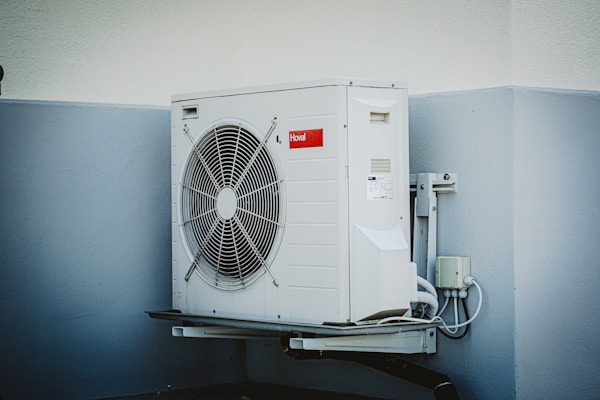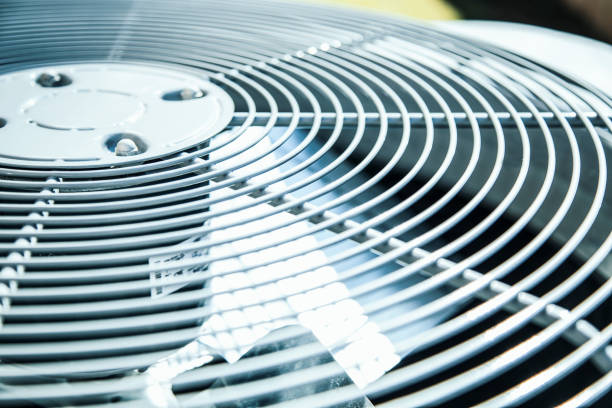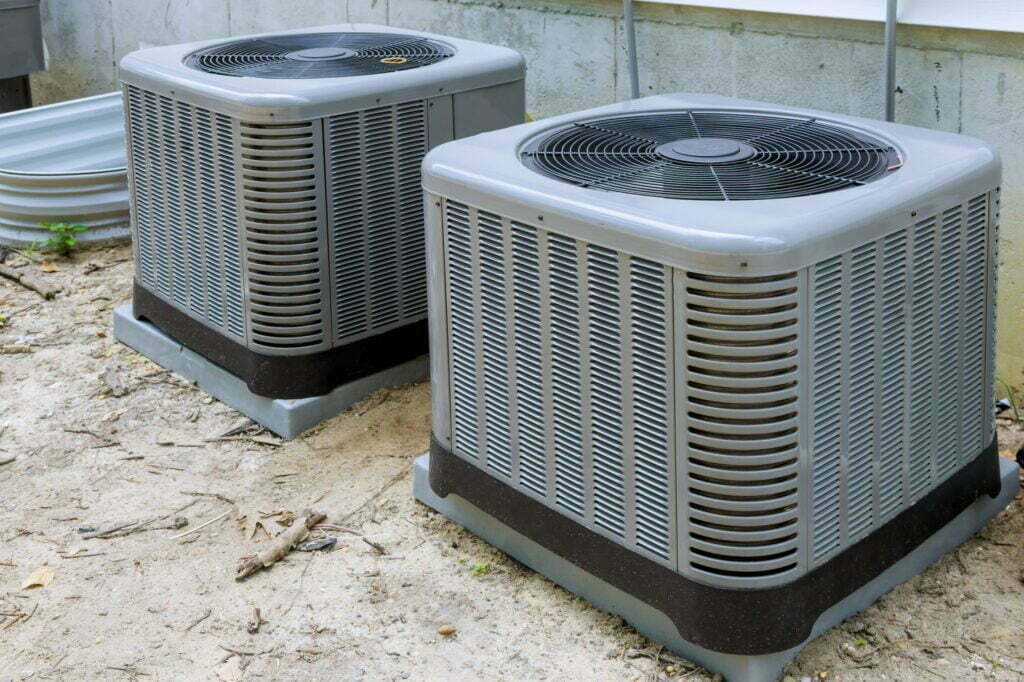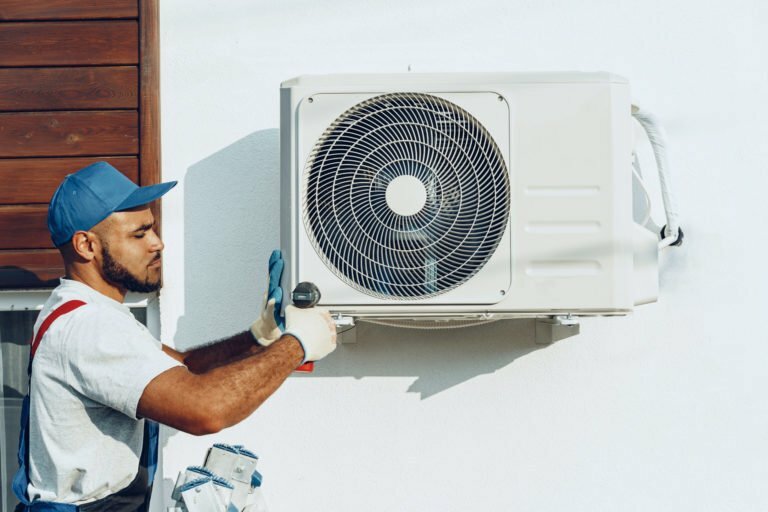Your HVAC equipment is essential for the comfort of your home. If you’re hearing odd sounds coming from your outdoor AC unit, it is important that you address the issue as soon as possible for the health of your equipment. Let’s take a look at some possible causes for your outside AC unit making noise.
Buzzing

Diagnosing odd buzzing sounds coming from your outdoor AC unit can be a challenging task, as a variety of issues can cause the buzzing sound. It is important to identify the exact source of the noise in order to diagnose and address the problem properly. In some cases, the buzzing sound can be caused by a loose or worn part, such as a fan belt or motor. This can be easily identified by inspecting the unit.
In other cases, the buzzing sound could be caused by an electrical issue, such as a loose wire or a malfunctioning circuit breaker. This can be more difficult to diagnose, as it requires further investigation and testing. If the issue is more serious, it could be indicative of larger problems, such as a failing compressor or condenser. These kinds of problems will need to be addressed by a professional HVAC technician. Regardless of the cause, it is important to identify the source of the buzzing noise in order to properly address the issue and keep your outdoor AC unit in proper working condition.
Screeching
Screeching sounds coming from an outdoor AC unit typically indicate an issue with the compressor or its motor. This type of noise is usually caused by the compressor motor running at an inefficient speed or a loose belt or pulley. The screeching sound is the result of the compressor’s rotating parts grinding against each other due to excessive friction. In some cases, the compressor motor may have become overloaded and is unable to run at its normal speed. In other cases, a faulty bearing may be causing the screeching sound. A high-pitched whistling or screeching could also be a sign that the compressor in the unit has a dangerously high HVAC refrigerant pressure. This is an issue that should be addressed by a professional as soon as possible.
Rattling

Rattling is one of the most common sounds that can be heard from an outdoor AC unit. The most common cause of rattling in an outdoor AC unit is a loose or damaged component, such as a fan blade, compressor fan, or condenser coil. Loose parts can vibrate and create a rattling noise. If the rattling is severe, it is recommended to contact a qualified technician to inspect the unit and determine the cause. The technician will be able to identify the source of the rattling and recommend a repair solution. If the noise is not severe, it may be possible to troubleshoot the problem on your own. This can be done by checking the fan blades, compressor fan, and condenser coil for any signs of damage or wear. If any of these components are found to be damaged or loose, they should be replaced or tightened as necessary.
Banging
Banging noises coming from an outdoor AC unit can indicate a problem with the compressor. These sounds usually indicate that the compressor is having difficulty starting up or that there is a problem with the compressor motor, such as a loose or damaged bearing. Other reasons for banging could include the fan blades hitting something, a loose component, or a loose part in the blower assembly.
If the air filter is clogged, the fan motor could be working too hard and vibrating, causing a banging noise. You’ll want to ensure that your air filters are changed regularly to avoid any mechanical problems. Additionally, clean air filters can help improve your indoor air quality.
Diagnosing odd sounds emanating from your outdoor AC unit is important in order to prevent any potential damage to the unit and to ensure that it is functioning properly. Overall, taking the time to diagnose these sounds and remedy the problem is essential to maintaining the health and efficiency of your AC unit.





